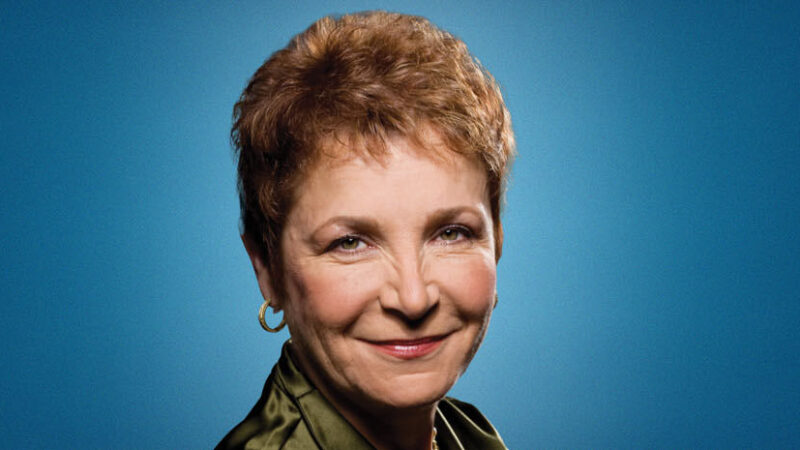Judith Blackstone: Embodiment and Spiritual Sensitivit...
Tami Simon speaks with Dr. Judith Blackstone, an innovative teacher in the fields of psychotherapy and contemporary spirituality. With Sounds True, Judith has created the audio course The Realization Process: A Step-by-Step Guide to Embodied Spiritual Awakening and has authored the books The Intimate Life: Awakening to the Spiritual Essence in Yourself and Others and Belonging Here: A Guide for the Spiritually Sensitive Person. In this episode, Tami speaks with Judith about the gifts and challenges of spiritual sensitivity, what it means to be transparent to life, how getting in touch with the internal space of the body connects us to the outer world, and what a definition of spiritual maturity might be. (63 minutes)




